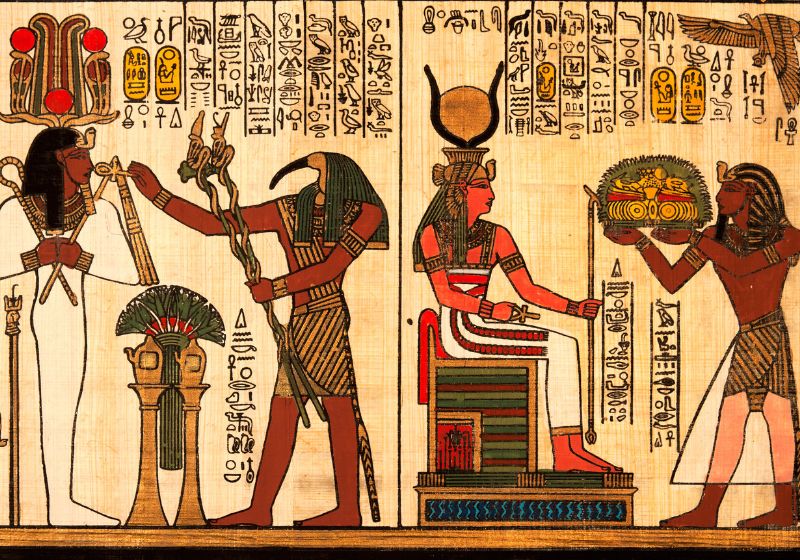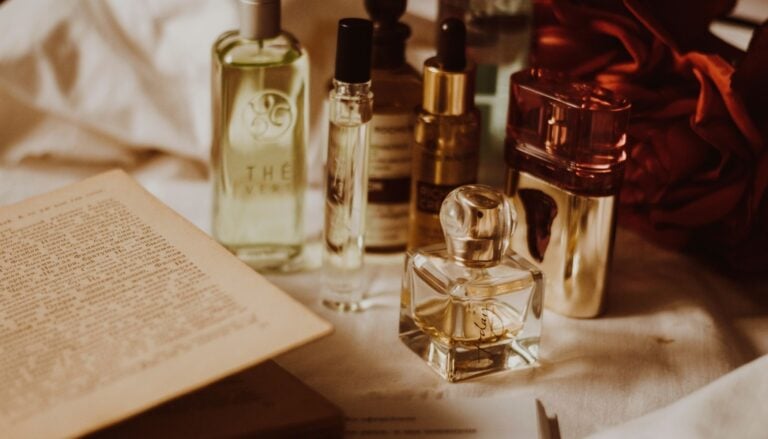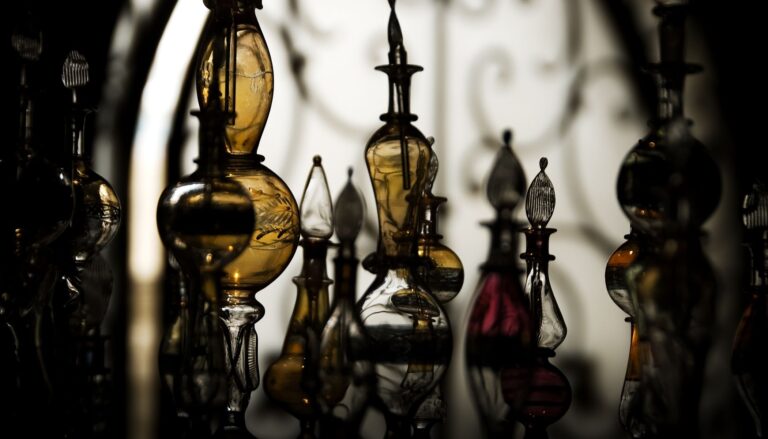The True Meaning Of Perfumery
The History of the Schism Between Ancient Perfumery and Its Modern-Day Counterparts
The True meaning of Perfumery: What is perfumery? What is aromatherapy? Are they the same? Are they different? Is one part of another? Is one better than another? Is one synthetic and the other natural? Can an aromatherapist be a perfumer? Can a perfumer be an aromatherapist?
To the layman, this is all very confusing. To professionals, aromatherapists or perfumers, it seems very clear-cut. Hardly! This discrepancy hurts us all. It leads to a feeling of superiority of one profession over another. It makes the education of the public difficult and leaves us all vulnerable to exploitation, regardless of form. It was not, however, until I was reviewing this article that I became aware of the degree of our misinformation or true lack of knowl
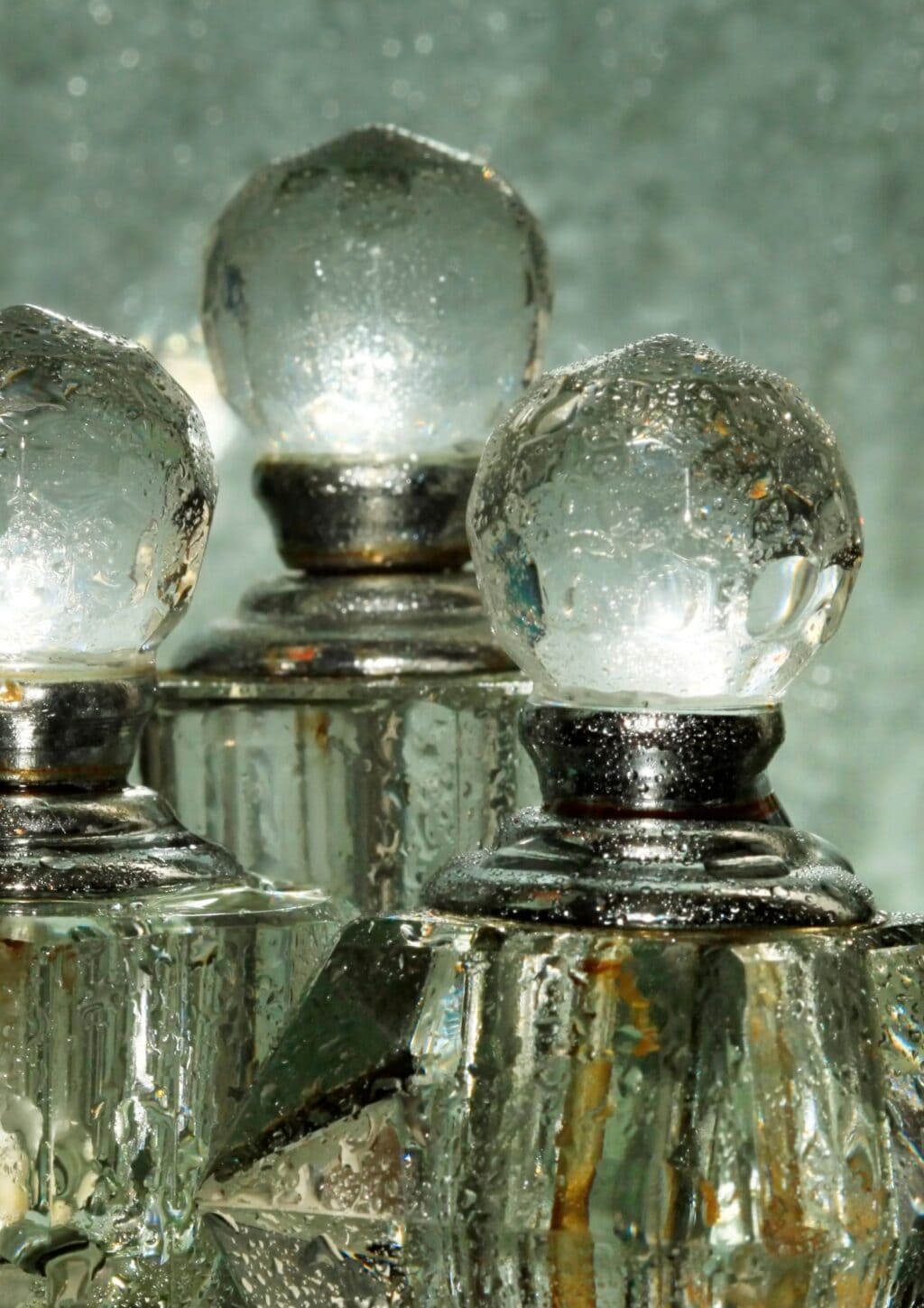
Some Background Information
The True meaning of Perfumery: I certainly hope that you enjoy this article as much as I did. We are truly privileged to have Mr. Raed Rady‘s willingness to share his exhaustive knowledge on the subject. This groundbreaking material should leave you with a much greater understanding of and reverence for your art.
Let’s start by assuming a defense against the mindset that some people who identify as aromatherapists hold the belief “us” and “them” hold. By them, I mean anybody related to the perfume industry. To define perfumery, it is to expose you to a certain amount of background information. We will divide these into certain basic points: First, beautiful smells were essential to the Egyptian system at every level, as was their fundamental belief that cleanliness is godliness; second, the Egyptians had the ability to distill essential oils thousands of years ago; and finally, the true knowledge of perfumery became lost as a result of a series of religious and political upheavals over the centuries that led to a continuous dilution of knowledge until its final rupture in the Middle Ages.
The True meaning of Perfumery: What most people do not realize is that, from the very beginning, the whole issue of perfumery was enveloped in secrecy. Although it started much earlier, the art developed in Egypt over a period of several thousand years, by about 2500 BC. A person who practiced it a certain type or a certain order of priesthood, mainly in the temple but particularly in the temple of Denderah, which was the source of all the products created.
The Practice Of Egyptians For Healing
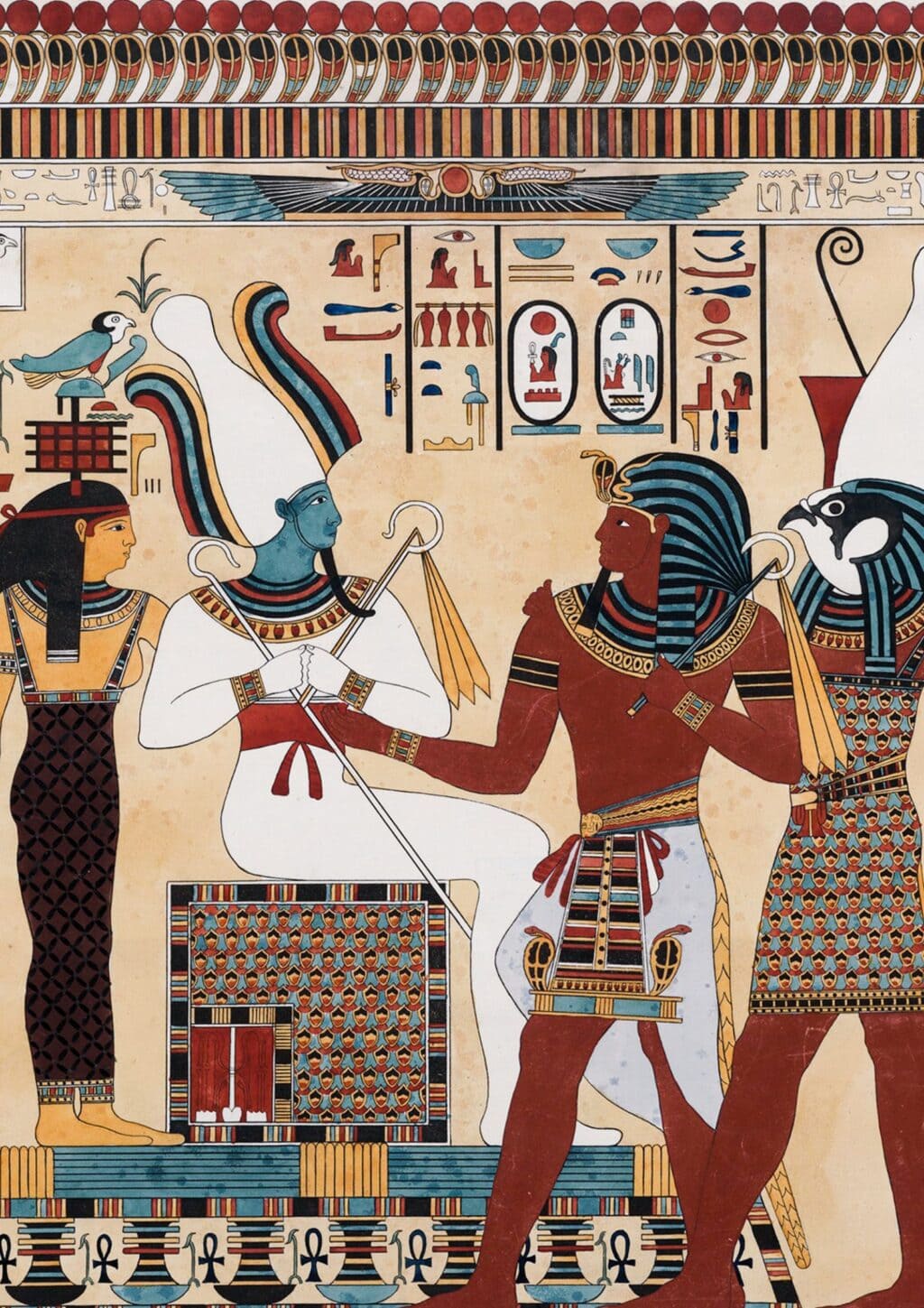
The Egyptian system was very complicated, precise, and specific at every level of existence. Yet, in this complexity, there was total unification. As an example and as an important point for our understanding of perfumery, there was no distinction between what we would call today cosmetics, perfume, body care products, bath products, food flavoring, food preservation, religious ceremonies, magic, pharmaceuticals, and medicines. All of these aspects were combined together and related to the practice of the priesthood for healing. This was The True meaning of Perfumery..
Furthermore, it is important to realize that at that time, healing referred to all aspects of the human being. There was again, no distinction between a physical, emotional, mental or spiritual ailment. Perfumery was practiced in order to achieve spiritual perfection not physical perfection. That was only achieved by perfecting the lower bodies of the physical, emotional and mental layers of the human being.
If you could grasp how fundamentally important smell was in the Egyptian system, you may be able to realize why the art and science of perfumery came about. The True meaning of Perfumery: It may also begin to explain why the Egyptians were so motivated to learn the process of the extraction of essential oils so many thousands of years ago.
The Aromatic Thymes
Perhaps the following quotes from The Book of the Dead (a version from the M. Maspero papyrus.) will be illuminating. (This is a kind of prayer that the priests would recite while rituals were being performed in the mummification process.)
“The perfume of Arabia hath been brought to thee to make perfect thy smell through the scent of the god. Here are brought to thee liquids which have come forth from Ra to make perfect… thy smell in the Hall [of Judgment]. O sweet smelling soul of the great god, thou dost contain such a sweet odor that thy face shall neither change nor perish. Thy members shall become young in Arabia, and thy soul shall appear over thy body in Ta-netjer (i.e., the divine land). “The Ritual of Embalmment,” p. 185.
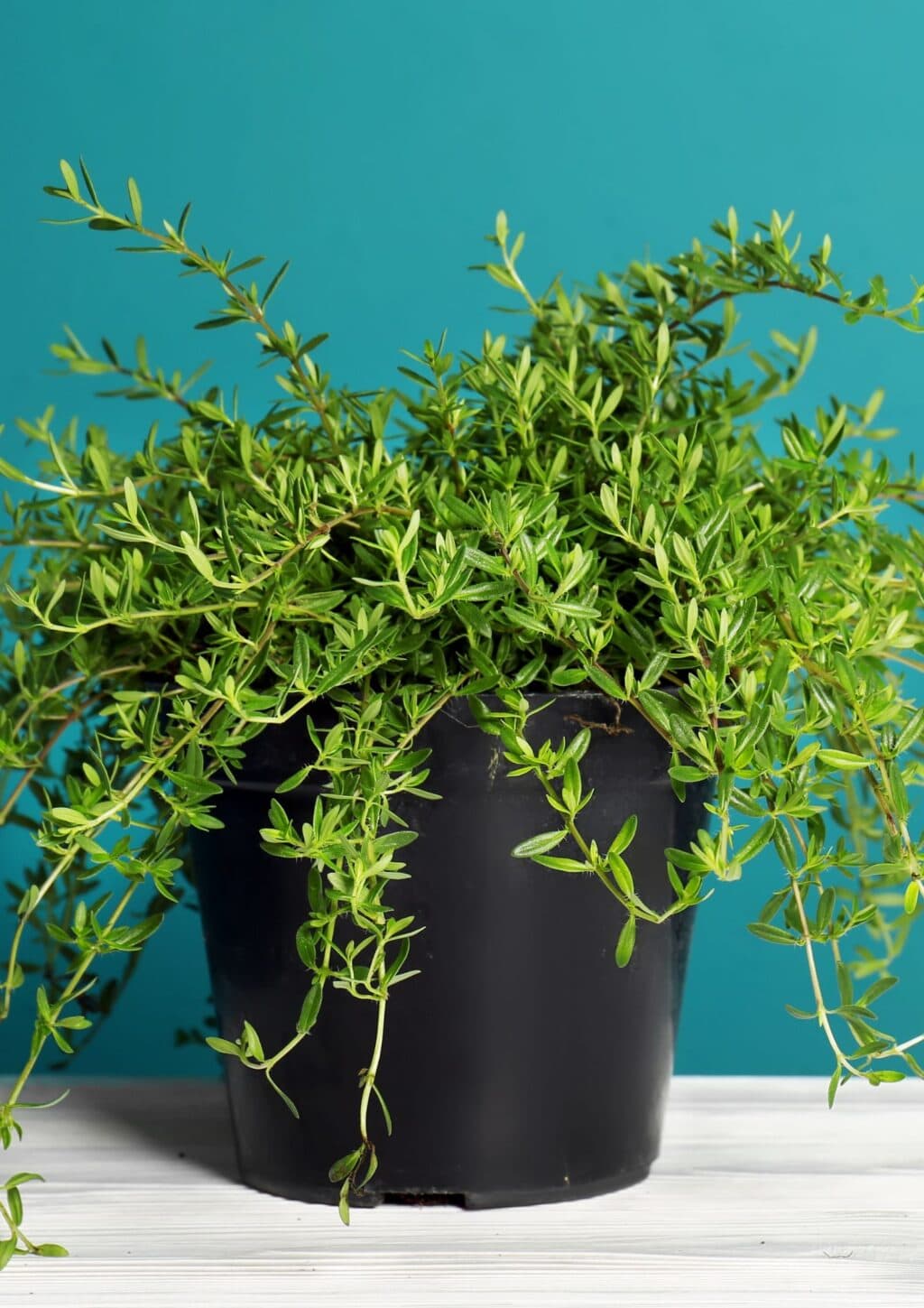
In a similar vein, the following quotes are prayers given as the embalmer anointed the body with oils from head to toe. Osiris (i.e., the deceased), thou hast received the perfume which shall make thy members perfect. Thou receivest the source [of life], and thou takest the form of the great Disk (i.e., Aten), which uniteth itself unto thee to give enduring form to thy members; thou shalt unite with Osiris in the great Hall. The unguent cometh unto thee to fashion thy members and to gladden thy heart, and thou shalt appear in the form of Ra; it shall make thee sound when thou settest in the sky at eventide, and it shall spread abroad the smell of thee in the nomes of Aqert …
The Wonders Of Cedar Oil
“Thou receivest the oil of cedar in Amentet, and the cedar which came forth from Osiris cometh unto thee; it delivereth thee from thy enemies, and it protecteth thee in the nomes. Thy soul alighteth upon the venerable sycamores. Thou criest to Isis, and Osiris heareth thy voice, and Anubis cometh unto thee to invoke thee. Thou receivest the oil of the country of Manu, which hath come from the East, and Ra riseth upon thee at the gates of the horizon, at the holy doors of Neith. Thou goest therein; thy soul is in the upper heaven, and thy body is in the lower heaven. O Osiris, may the Eye of Horus cause that which floweth forth from it to come to thee, and to thy heart forever! “The Use of Oil in Mummification,” p. 186.
Oh ointment! Oh, ointment, arise. Hurray! Thou who art in the brow of Horus arise first qualitycedar oils. Ancient Egyptian Magic by Bob Brier, p. 78
The problem with Egyptologists in the past was that they interpreted the writings and the books according to their own educational or religious background. So this always put some kind of filter on their perception, which hindered their understanding. Naturally, few Egyptians went into the work of translation, putting back together the information we have from our society and our heritage. This is on. Oh ointment! Oh, ointment, arise. Hurray! Thou who art in the brow of Horus arise first quality cedar oils. Ancient Egyptian Magic by Bob Brier, p. 78
The True Meaning Of Perfumery: The Egyptian God Ra
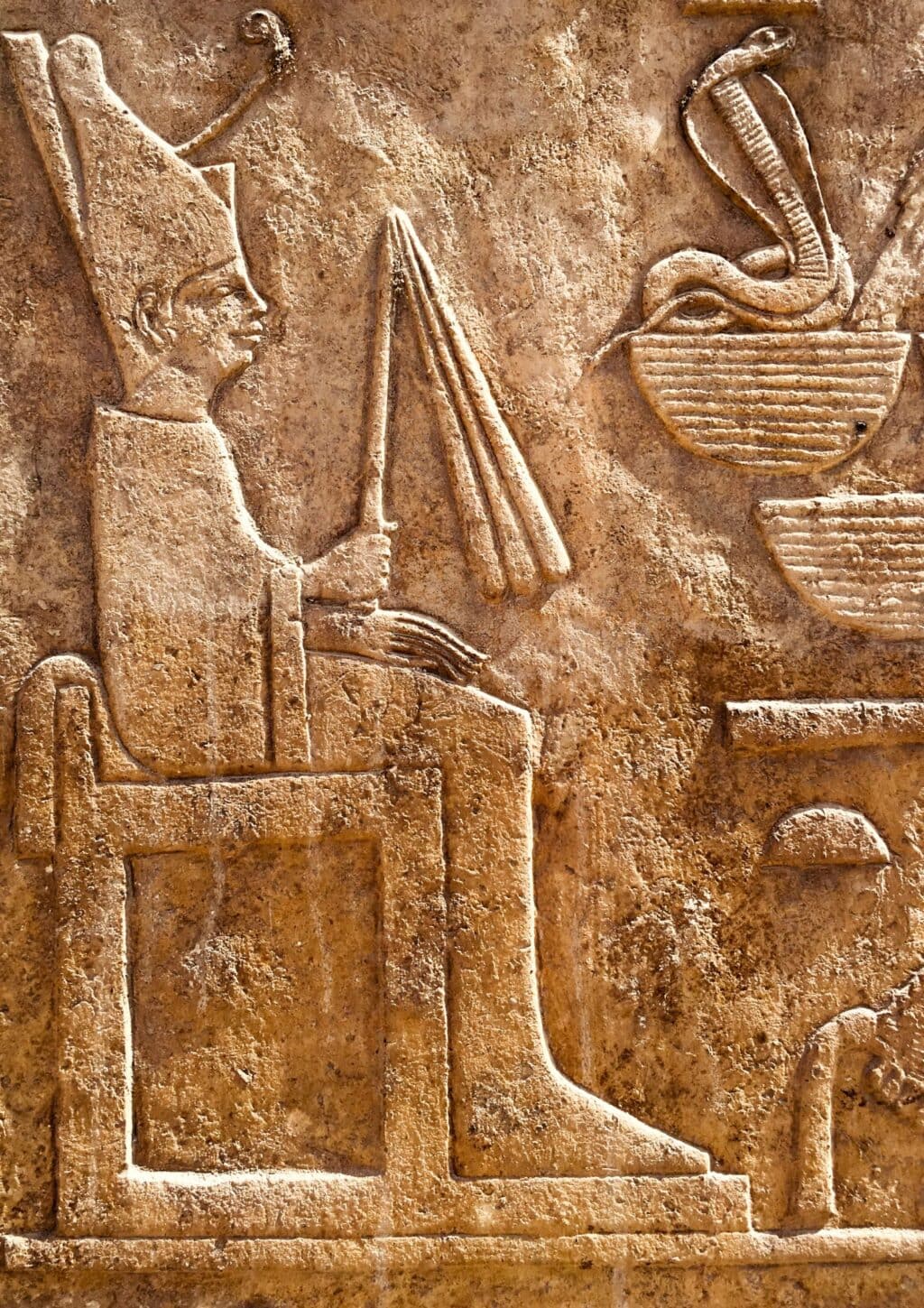
Some of the parts that were overlooked. But to us, it was the secret of the whole system. I wish to stress most emphatically the following notions as the secret of the whole Egyptian order:
- Perfect Smell Alive and Living.
- Perfumes make the members [bodily parts] and their functions perfect.
- The source of smell is the god Ra, who is the god of the sun.
The True meaning of Perfumery: The Egyptians believed that every god was the representative of a specific scent. They also believed that when a person had reached perfection, he or she exuded a perfect smell. To smell beautifully was a sign of holiness. When a person died, the Egyptians believed that only those who were perfect smelling would be received by the gods, and therefore their mummification process was designed to ensure that end.
The Egyptians had seven sacred oils that they considered important above all others. The most important of all was that of cedar. The container for the cedar oil always had written on the outside “First Quality Cedar Oil.” They never used any other quality, which suggests other qualities existed. They redistilled oils.
The Process Of Mummification
The True meaning of Perfumery: When the Egyptians mummified the body, they removed all the organs. They kept some and got rid of those that they could not dry. For example, they could not keep the brain. They kept the liver, the heart, and the intestines because they were able to dry them and preserve them and prevent decay. Believe me, this is the basis of mummification. This is the whole deification of Anubis.
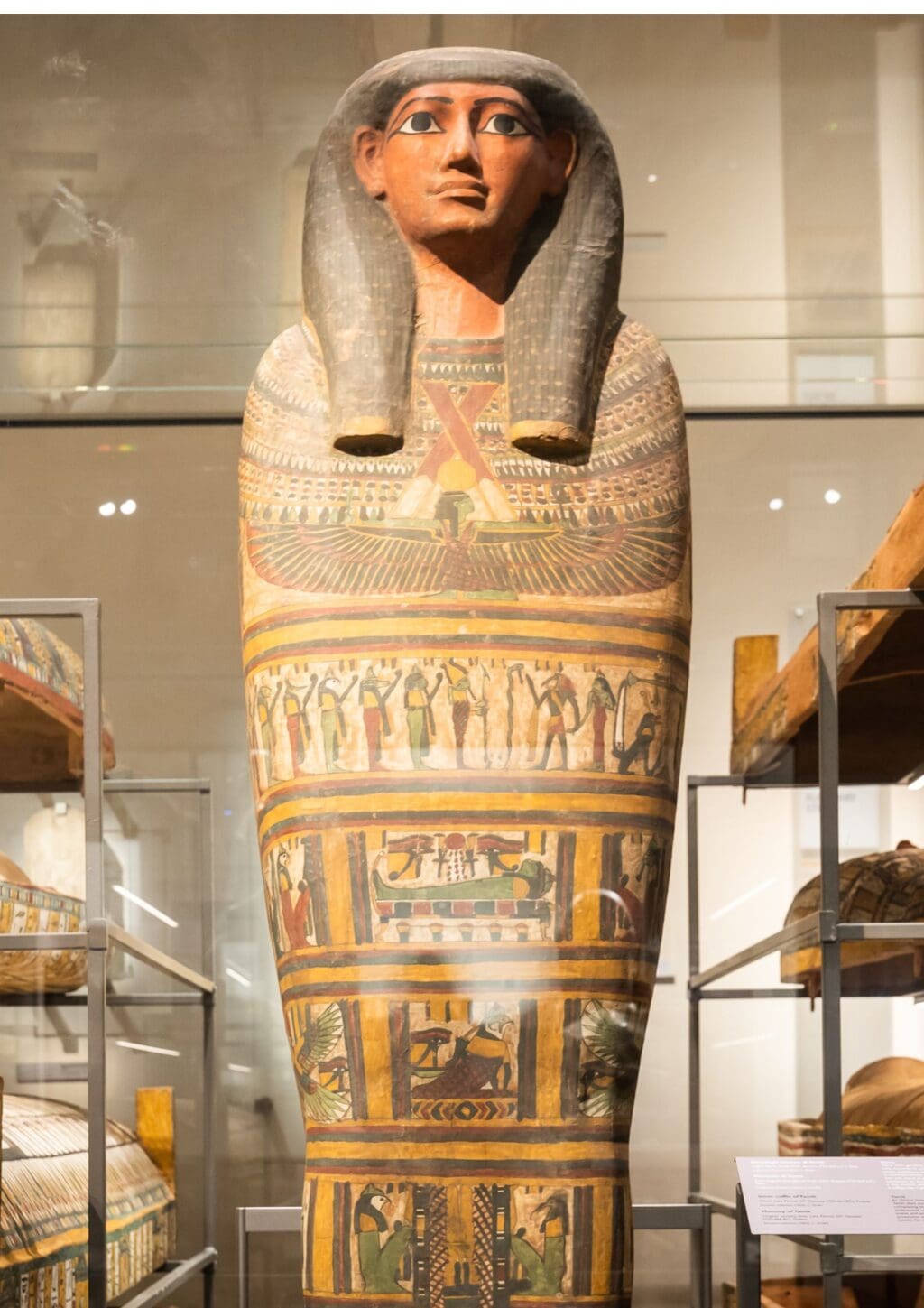
The enemy of the Egyptians was decay and fermentation. This was representative of night—the other side. It was the function of Anubis to help mummify the body to go from one state to the other state of new life without decay. When they mummified the body, they used a kind of salt called natron (sodium carbonate). It was used to dehydrate the body and absorb fluids, as water was the carrier of decay. The only way to clean the body—to clear it from agents of decay, whether they were spirits, demons, or followers of the evil god Set—was to get rid of the water. Therefore, the most important part of mummification was how to dry the body so that, in the end, you would have only the skin, bones, and certain bodily organs that they were able to dry.
Spells From The Book Of The Dead
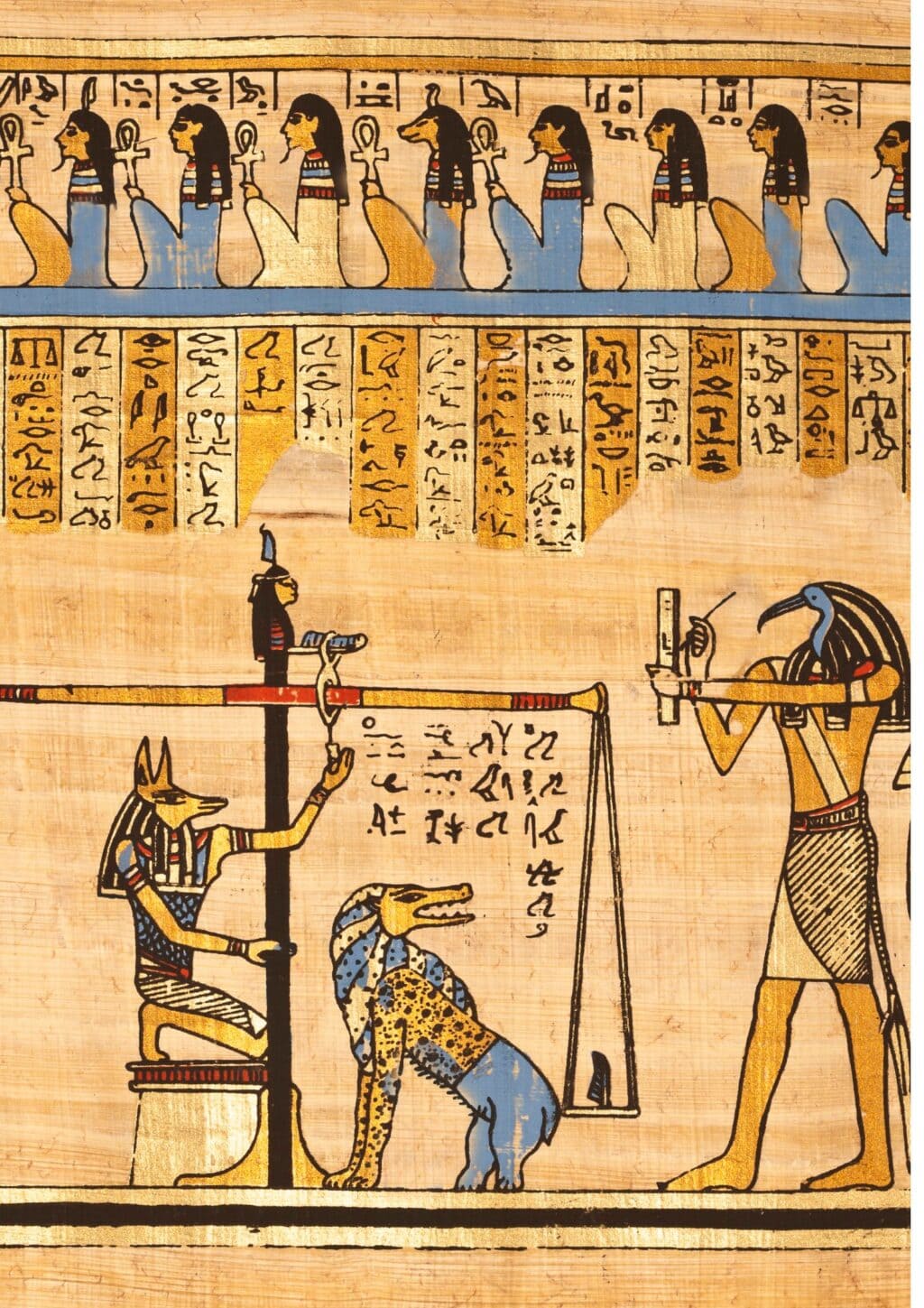
Now here is my point, and that is my theory alone. It has not been written or spoken of by any other but my research confirms it, and I shall try to support it. In the mummification process, the Egyptians did not use the oils just to preserve the body from fermentation and decay. They believed that each oil represented different parts of the body! This would allow the ba or soul, when it returned to the body, to recreate all the missing vital organs using oils and resins as material.
The True meaning of Perfumery: I came to this conclusion from reading the spells in The Book of the Dead. Some of the spells would contain the name of what an oil would be doing and what the name of that oil represented. For example, cedar oil was used to keep the whole body in a state of purity. As I said, the god of cedar was Osiris himself. So for the Egyptians, cedarwood oil was the oil that had the ability to kill those germs that would cause the decay of flesh. They used other oils, but there is a lot of controversy about what they were.
Now the important point here in this definition of perfumery is to set the fact that the Egyptians, in their use of cedar oil in mummification, were actually using distilled essential oils. How do we know this? Because there is no way except by distillation to generate such pure oils (especially that of cedar.) Cedar oil could never come from maceration or extraction by infusion.
The True meaning of Perfumery: The final point that we need to establish is the series of events that took place that robbed perfumery of its original meaning. When the Greeks invaded Egypt, they saw the power of the oils, but they were not interested in the complicated Egyptian system. They wanted only medicinal knowledge from the priesthood. After 3,000 years, the priesthood had a fairly incredible fount of knowledge, and they were not about to give it up. By the time of Alexander, the Greeks began to oppress the priests to the point of almost forcing them to give up their information. However, the priests would not give them all the information, or they would give half truths and give them the names of fictional plants for ingredients..
The True Meaning Of Perfumery: The Power Of Oils
Now I am sure that you are asking, Why would they do this? Well, the priests had discovered the true power of the oils and believed that no other civilization had the maturity, evolution, or self-control to handle this knowledge. All the other civilizations that were around them were very primitive and hostile.
You have to remember that the main purpose of the use of the oil was spiritual—to make a perfect smell—as a method to achieve and reflect that they had attained total harmony in all their beings—physical, emotional, mental, and spiritual. The priests, therefore, believed that they were the only ones who could use the oils safely and appropriately and could safeguard them from negative uses.
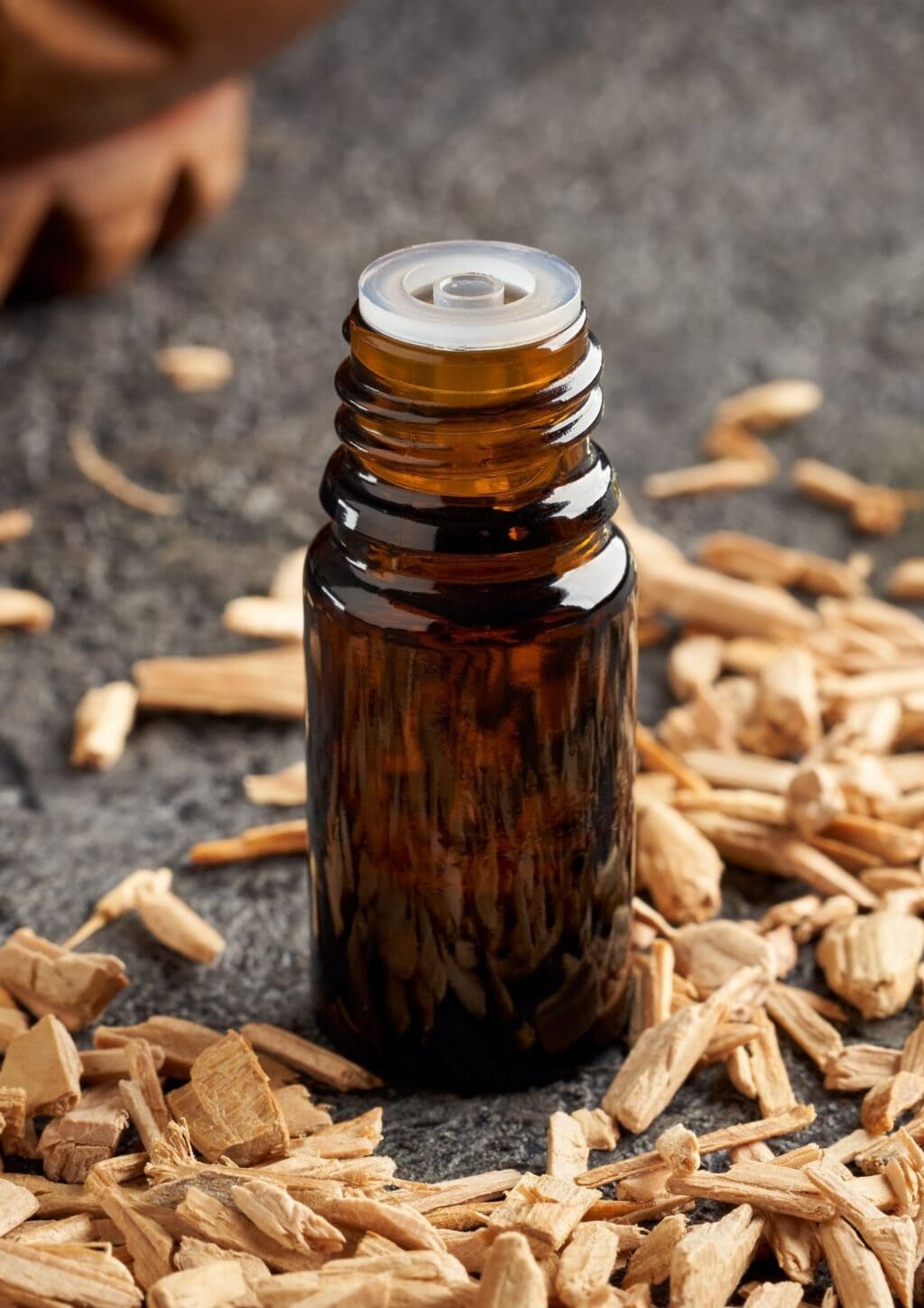
The Egyptians believed that some types of perfumes added to one’s personal power. This gave one the ability to subdue another or even to have control over situations and events. For this, they used the word ameh. This word is a good example of the complexity of the system that I have been alluding to. When used as a noun, ameh means “perfume.” But, when it is used as a verb, it means “to have power over.” Another conviction they held was that when one was perfumed, he or she had the ability to cause things to happen. For example, if you wished to seduce someone with an aphrodisiac, the word used, segmu. Now perhaps you can understand why the Egyptian priests, would not wish their formulas to fall into the hands of the primitive.
The Greeks Only Wanted Oils For Sexuality
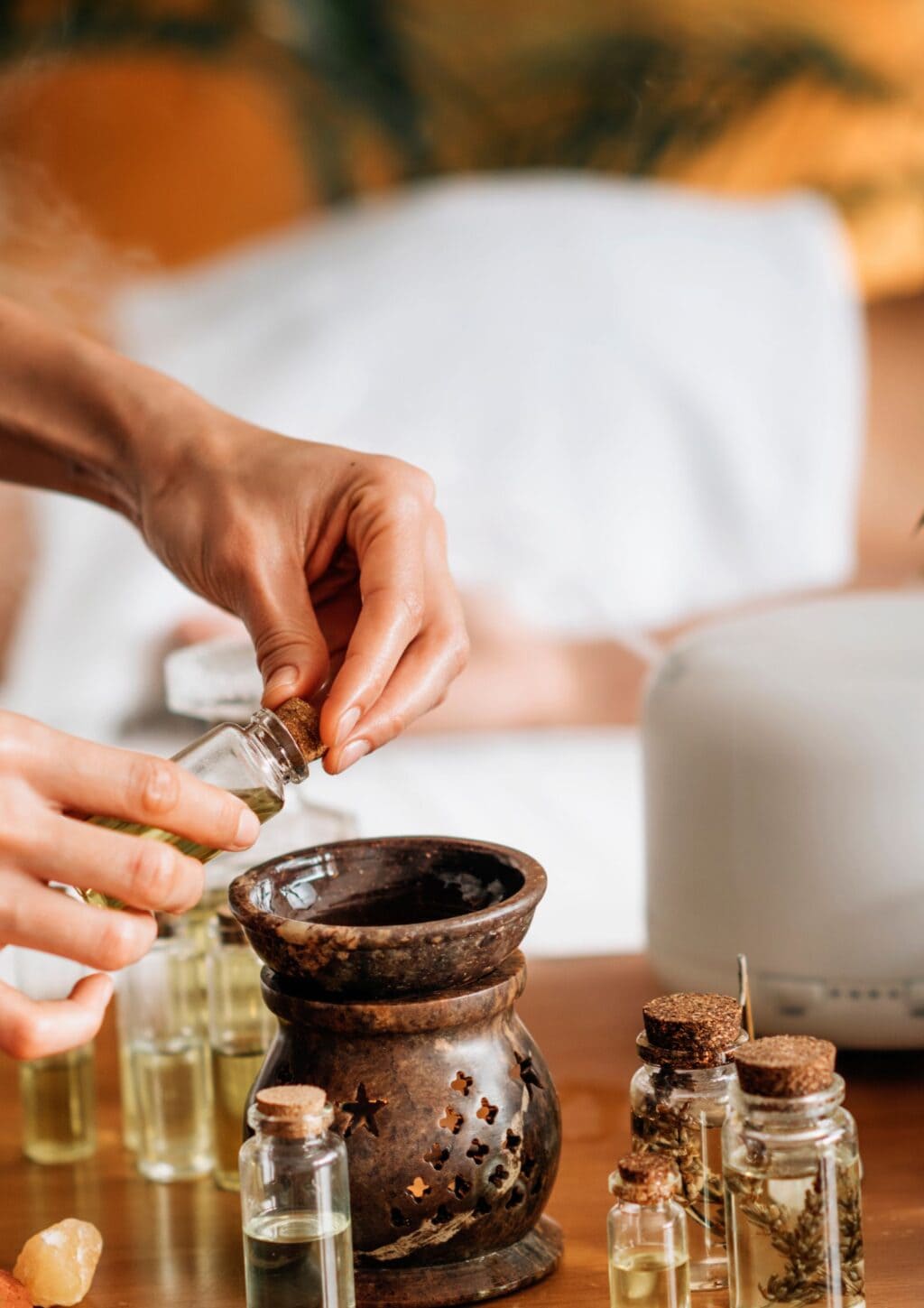
You may say, but what about the Greeks? They were highly cultured. Yes, but they also indulged in sexuality in a way that the Egyptians thought could harm them very much. The Greeks only wanted the oils for their sexual practices, cosmetics, incense and medicines. Their intent was not at all spiritual. For example, they wanted to use the kyphi, which was created for the most sacred of purposes, as an aphrodisiac.
The True Meaning of Perfumery: After the defeat of the Greeks by the Romans, we found the same type of problem, only much worse. For the most part, they used the oils as the Greeks indulged in sexuality. However, they did return more to the medicinal uses of the oils. They had a very large empire, with their people spread over areas that had serious plagues. They needed to keep their slaves healthy and their people working, so they wanted them to be free from disease. At that time, disease was considered to be of two types: either caused by an obvious source such as a broken bone or caused by an unknown source —demons or spirits. For this latter, they burned aromatic gums and resins.
Romans Thought Burning Is Only Way To Release Aroma In The Air
It was the Romans who gave us the actual word perfume, from “per,” which means through and “fumum,” which means the smoke. They thought that the aromatic material could only be released into the air through burning. This was combined with prayer (the closest they came to spirituality). This volatility through the smoke was considered to be the best way to appease the gods and those spirits that cause disease and other problems.
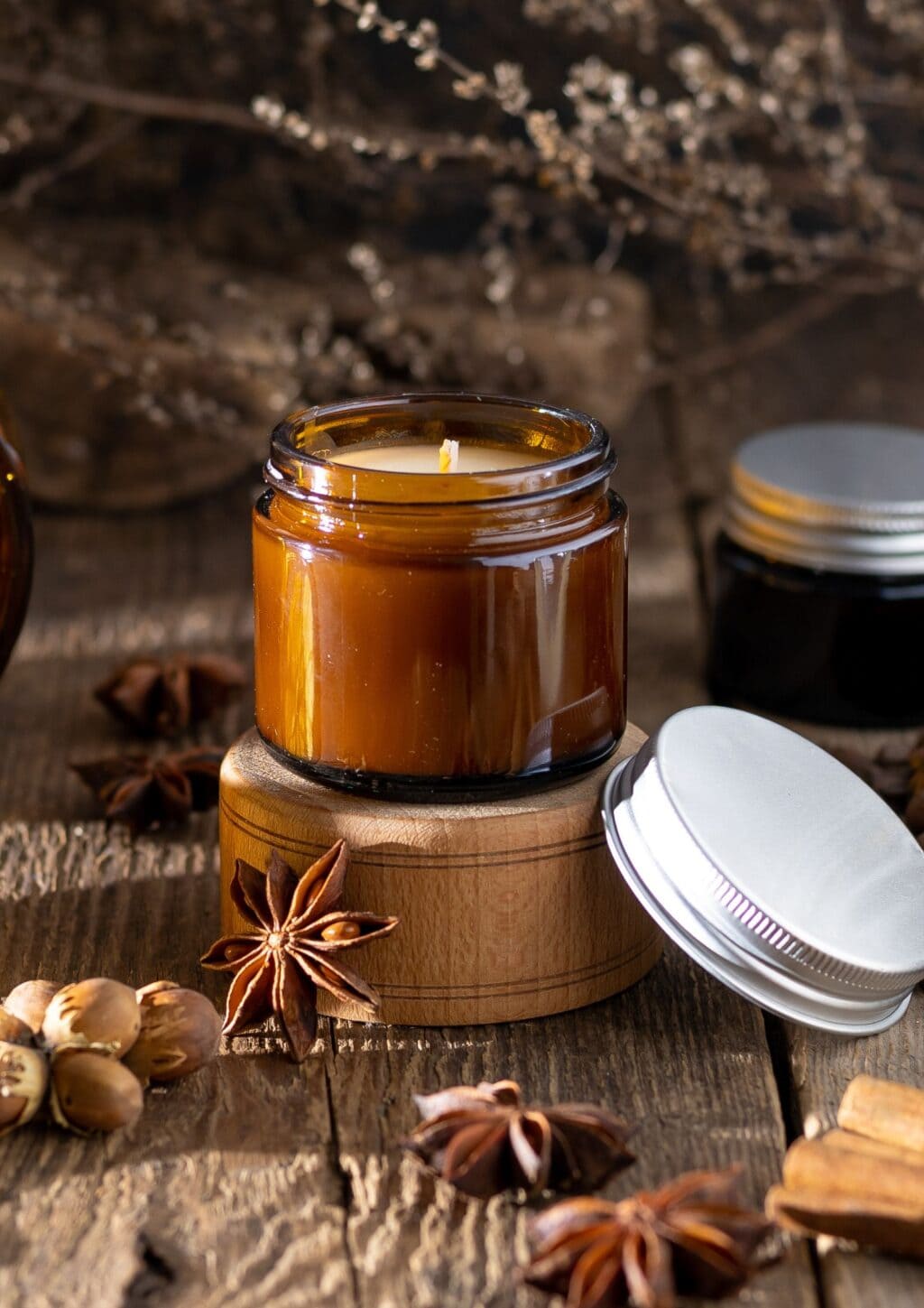
The True meaning of Perfumery: The word perfume could also be a translation of one of the words that hasn’t survived. It is logical that every civilization names everything that it uses, sees and does. The civilizations that come after them try to translate or understand. These words and their meanings. I mentioned before that the Egyptians had a very specific, precise and complicated approach to all things. They had the same approach to naming things. For example, there were 18 different names for the word “perfume.”
Each name was a network of subsystems relating to the hughes point. For example, Membru was the god of perfume, the main entity who organized perfume as a science. There was a different entity for the use of incense at the temple. The actual names were based on the materials used, the occasion for their use, the type of disease that was being treated, if any, what part of the body it was used on, the method of application, and so on.
The Perfume Used For Medicine Is Different From Spices Used In Cooking
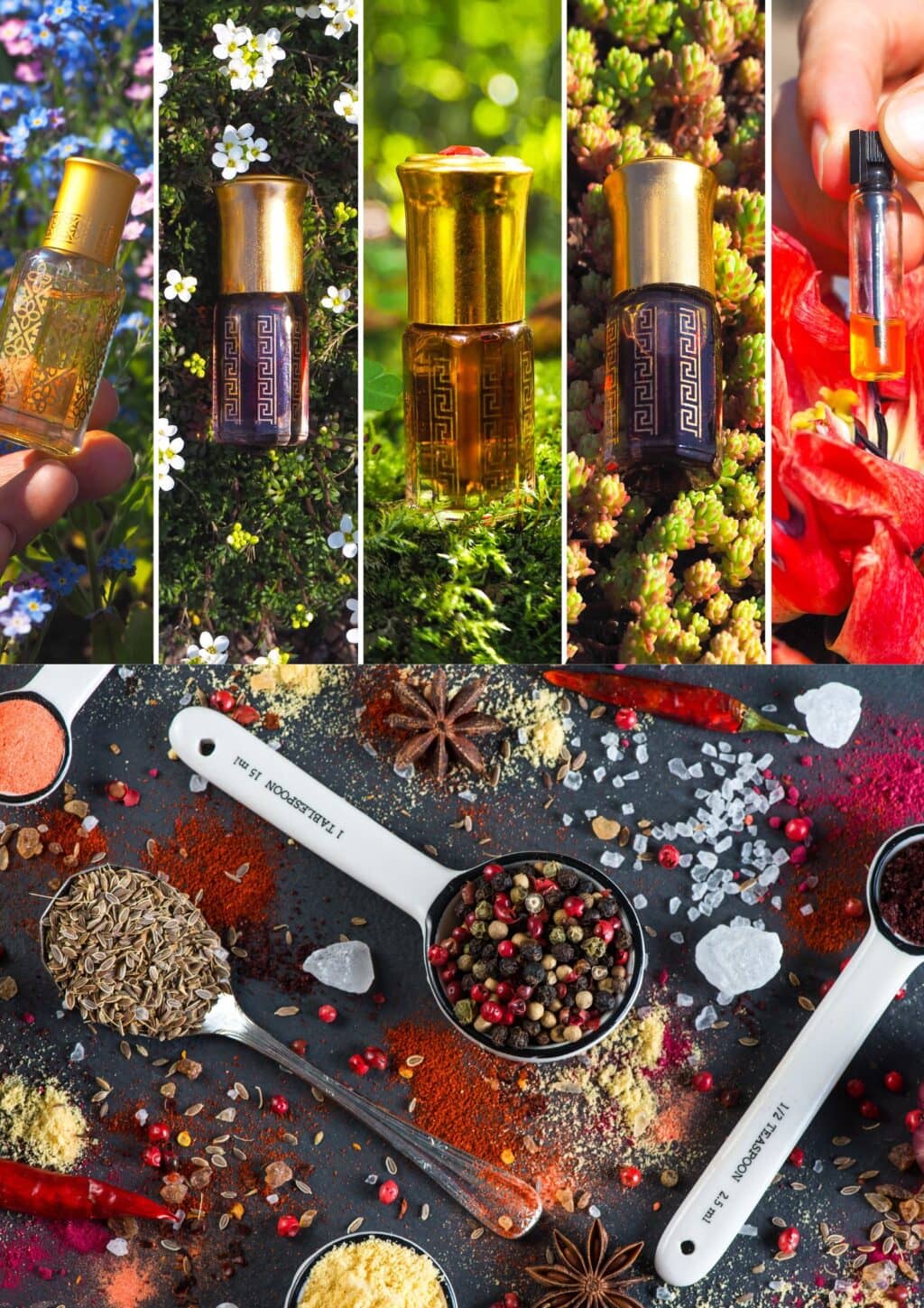
The Egyptians had so many names that we could do an article on just that topic alone. It is actually a very interesting subject. There was always a total concept behind the name that would help us remember. For instance, the incense for scenting at home—using a scenter to burn incense—is different from the type of incense used in the temple. Therefore, two different words were used. Similarly, the perfume used for medicine would have a different name than the spices used in cooking.
The word sti was a word that meant “smell” or “scent,” but it also meant “setting the divine fire or flame.” The Egyptians also had lots of ointments and oils that were used during massage. In that case, they would use the same word for unguent or perfume that they would use for skin, khar. This indicated the application of that type of perfume. But they also used the same word to mean “to make someone angry.”
However, the word that I am referring to here is the word that we know today as “perfume.” Although it was a Roman word, they took the word from the Greeks (not the same word, they translated it from the Greeks, who translated it from the Egyptians.) In other words, they took the concept and gave it their own word. The important point to remember here is that they used this one word-perfume-to represent the whole system!
The True Meaning Of Perfumery: The Egyptian System Of Perfumery
The True meaning of Perfumery: Although the Egyptians had many methods and uses for essential oils, the Greeks only took some of them. The Greeks wanted to simplify things. They were not sophisticated in their use of words or systems. They were not religious. They wanted perfumes for their baths, cosmetics and medicines, period. The Romans narrowed this concept even further. For them, the Egyptian system was just too much. The Egyptian concept of beauty in the sense of raising the emotional level of a human being within a total system involving different words for each element made them cry, “Enough!”
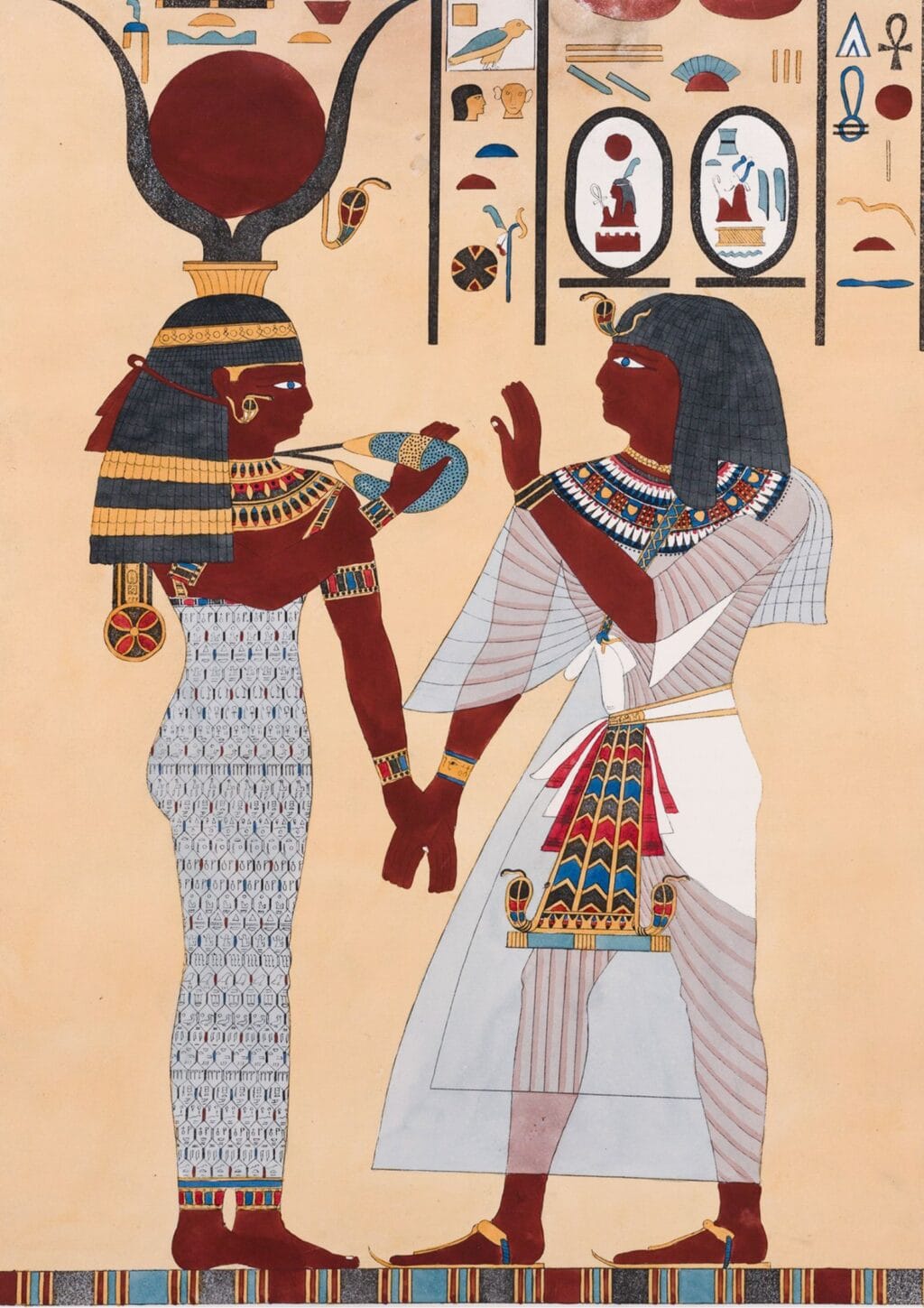
The Romans were a civilization that could be described as down to earth. They didn’t want to go into any depth. For them, sexuality was very basic, and they didn’t care about emotional development and perfection. The Romans, who could not take the Egyptian complexity, found themselves in a labyrinth of words. They wanted something easy. So they used one word to cover many things. The Egyptian system of perfumery included magic, religion, medicine, pharmacology, cosmetics, and chemistry. What was once integrated into one system has evolved into what it is today—separated, independent, powerful sciences, totally unrelated to each other. Whereas in ancient Egypt each priest would have to have some knowledge of all these, there was no distinction or separation.
The True meaning of Perfumery: The Romans abused essential oils. They used them so heavily that it caused many financial problems. When the Christian priesthood took over the Roman Empire, they saw how the Romans used oils and perfumery. They saw the tremendous indulgence in sexuality and the waste of money and named this as the main source of sin. This was the main reason that the church stepped in and the original meaning of perfumery was lost for good. It was the Roman Catholic Church in the 5th century AD that is responsible for the schism that we have today.
The True Meaning Of Perfumery: The Dark Period

However, in the Middle Ages, the greatest deviance from the true meaning of perfumery occurred. The Europeans assumed a terrible way of living. They were very dirty. The Europeans had a fear of water touching their bodies. They never bathed. The smell was terrible. No one except the church was burning any incense. Everyone outside was in terrible condition. Disease was everywhere. Also at this time, anyone who was caught at work, home, or any other place manufacturing any perfumes was under suspicion as being a magician, alchemist, or was working with the devil. If caught one would be tortured or burned at the stake. From the 5th to 11th century was a very dark period. There was total decay and rottenness until, finally, during the Crusades, the soldiers began to bring perfumery back to Europe again.
The True meaning of Perfumery:Hopefully, you will give this some thought and see that what we have today is a separation into many segments of what was once a great, powerful, and metaphysical system. How grand it would be for the aromatherapist, perfumer, doctor, chemist, and spiritual leader to once again unite. Then maybe we will be on the way toward a true meaning of healing.
NOTES:
- Danderah was the temple in which pharmaceutical products were made. There is a scene on one of the walls of the temple that shows what is presumably a method of distillation. There was a sizable, round pot with a small opening at the top that had a sieve-like division in the middle. Next to the pot was a large vessel, large piece of linen and a pottery band. It is like a jigsaw puzzle, but when you put them all together, it shows what I believe is the ancient method of distillation.
- We presume that they placed plant material in the top section and water in the bottom, below the sieve. The linen was folded into several layers and placed over the top opening. Then the pottery band secured the linen tightly around the neck of the opening so that nothing could escape. Finally, a fire was placed below. When the water boiled, the vapor went through the plant material until a vapor of steam and essential oils would rise and soak into the linen.
- When the process was completed, the linen was removed and squeezed into the other large vessel. Once the entire batch cooled down, the oil would rise to the top and then be easily skimmed off. Even though this is only a theory, it is still done in Egypt today. The locals do it, the poor farmers do it. So this is a technique that we inherited from the past
4. The Egyptians thought of the body as having seven layers that connected with a divine body, which was the eighth layer. The first body or khat was the physical body.The second or etheric, body or khaibit, means shadow because it was a shadow of the physical body, a second being. However, the most important of all the layers was the fifth body called the ba, or “higher thought,” which some people consider to be the soul. But, for the Egyptian, it was different from our concept of the soul. It was the container of the lower three bodies—the “shadow,” all the “desires, emotions and sexuality” contained in the third body or ka and the “heart” or “basic thought” contained in the fourth body or ab. It is the ba that moves on to the “other life” after death.
5. The Egyptians believed that plants had healing power in their spirit. The embodiment of that spirit, for them, was the essential oils that they extracted from those plants. The power was not in the chemistry, rather the chemistry itself was literally the physical embodiment of the healing spirit.
6. The seven sacred oils, used for mummification as well as when the person was alive, were: 1. The Festival Perfume, 2. Hekenu. 3. The Syrian Balsam, 4. Nechenem, 5. Anointing Oil, 6. The Best Cedar Oil, 7. The Best Libyan Oil. These oils also formed the basis of all the Egyptian magical oils. The best set of containers found is currently on display at The Metropolitan Museum of Art in New York City.
Anubis is the jackal-headed god. Some people think it is a dog, but actually it is a jackal. Anubis is the god of chemistry and mummification. The Egyptians explain its function as “recreating life from decay.” Jackals tear the body of their prey They cut them into pieces and separated every part. Each part of the body has a different timing for fermentation and decay. This is why they don’t put them together. Each part is separated from the other so as to not affect the timing of the decay of another. (This is also why 7. Anubis is representative of the analytical mind and logic).
8. We found in the tomb of King Tut base oils as well as unguents. Within the unguents were crystals that could never exist without having originally been essential oils in their pure form. This means that the essential oils have oxidized. There were other oils there—sesame, almond, olive and the like—but that is a different story. They change in a different way. King Tut was in the 18th dynasty around 1360 BC.
About The Author
Raed Rady, a Coptic Egyptian from Luxor, Egypt, is a perfumer in the ancient Egyptian sense. His family is involved in the production of medicinal herbs and oils. As founder of Uttati International in the United States, he produces a line of essential oils that represent the true perfumery in every sense of the word implied in this article. Because of his vast knowledge, he is a much sought after speaker. As a result, he gives lectures and seminars throughout the United States at various well-known institutions, such as Purdue University Medical School (IUPUI), Indianapolis; The Veterinary School at Colorado State College, Denver; and several massage schools. He may be reached at: (312) 428-5721 or by e-mail at uttatioils@gmail.com.

